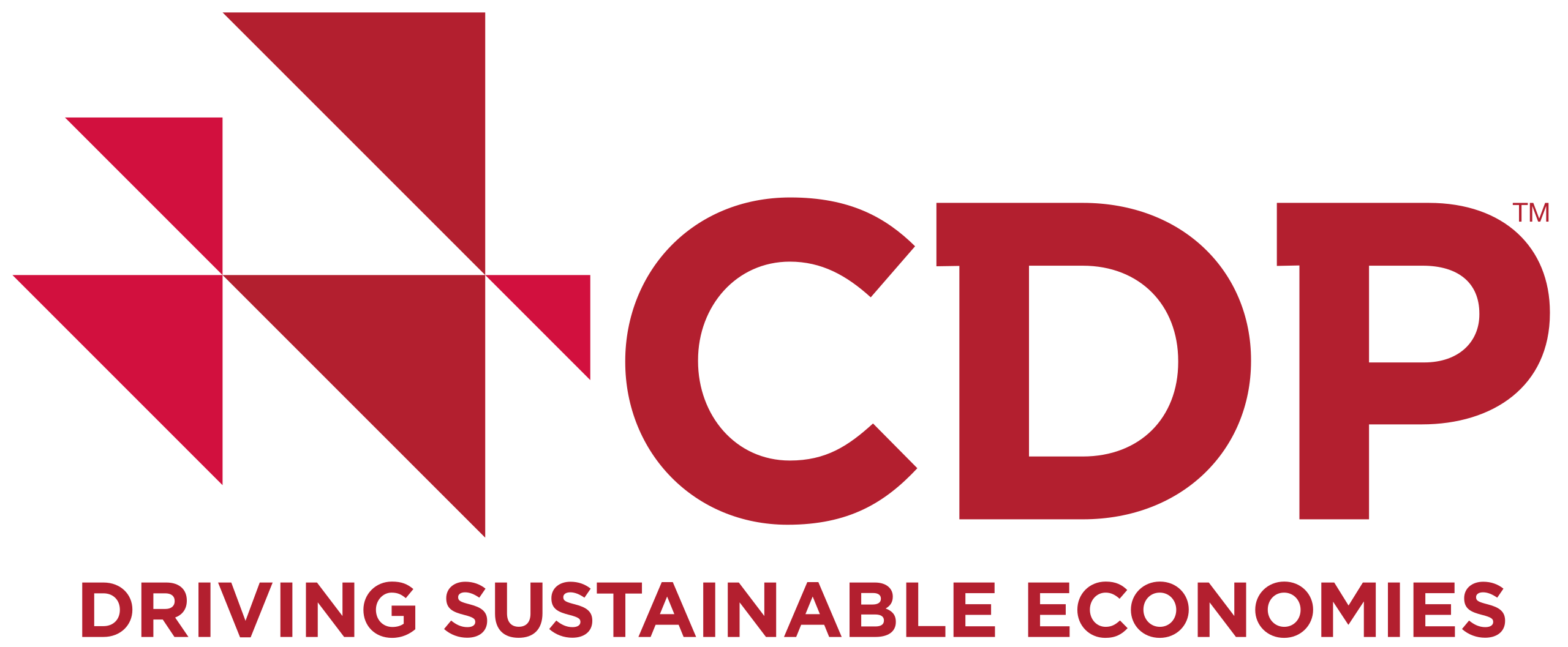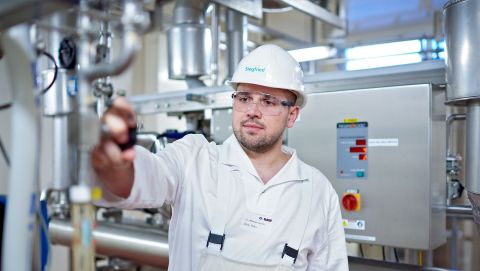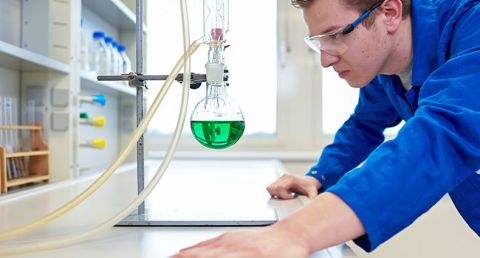Sustainability is one of our core values and it is central to the benefit we create for our stakeholders. We are committed to ensuring the health and safety of our employees, customers and community, and to protecting the environment.
Sustainability highlights
0.0
0.0
0
0
We are recognized as a sustainability leader
Dow Jones Best-In-Class Europe Index
Siegfried has been a member of the Dow Jones Best-In-Class Europe Index (formerly Dow Jones Sustainability Index Europe) for four years. It is a widely recognized standard for measuring corporate environmental, social, and governance (ESG) progress across industries.
Morgan Stanley Capital International ESG Rating
Since 2022, Siegfried has “leader” status (‘AA’) in the MSCI index. The MSCI ESG Index grants institutional investors effective tools to integrate ESG considerations into their investment process and portfolios. The ratings measure a company’s resilience in relation to long term, industry-specific ESG criteria and compare it against its competitors.
Carbon Disclosure Project

As Siegfried is new to the CDP index, we received the Rating D for Disclosure, a typical rating for CDP newcomers. CDP is a widely recognized non-profit organization that assesses and scores companies on their climate change strategies, with higher scores indicating a greater corporate commitment to tackling climate change risks. This independent information helps investors evaluate how well companies are managing climate change-related risks and opportunities.
EcoVadis Rating

For the last few years Siegfried has undertaken a yearly Corporate Social Responsibility (CSR) assessment across all sites using the recognized EcoVadis label to show our commitment and work in the field of sustainability. This rating evaluates 21 sustainability criteria, divided into four categories: environment, labor, human rights, ethics and sustainable procurement. The methodology applied by EcoVadis for the CSR rating is based on international standards issued, e.g. by Global Reporting Initiative (GRI), United Nations Global Impact and the International Labour Organization. All our sites have either “GOLD” or “SILVER” ratings.
Science-Based Target Initiative
In 2025, Siegfried received validation approval for its near term and net zero greenhouse gas (GHG) reduction targets by the Science Based Targets initiative (SBTi), becoming one of the first CDMOs to have validated net zero targets. This underscores our commitment to addressing climate change and to significantly reducing carbon emission along the entire value chain.
Our validated targets:
- Reduce absolute scope 1 & 2 emissions 67% by 2033 from 2020 base year
- Reduce absolute scope 3 emissions from fuel and energy-related activities, upstream transportation and distribution, & operational waste 33% by 2033 from 2022 base year
- Commit to ensuring that 85% of suppliers (by emissions) have science-based targets by 2029
- Reduce absolute scope 1 & 2 emissions 90% by 2050 from 2020 base year
- Reduce absolute scope 3 emissions from purchased goods and services, capital goods, upstream transportation and distribution, operational waste, processing & end of life treatment of sold products 90% by 2050 from 2022 base year
- Reach net-zero GHG emissions across the value chain by 2050
SBTi provides companies with a clearly defined path to reduce emissions in line with the Paris Agreement goals. More than 4,000 businesses around the world are already working with SBTi. By joining, businesses demonstrate that they are committed to reducing their environmental impact and achieving climate neutrality. Being part of the SBTi also ensures companies have access to guidance, tools and support to meet their climate goals.
Sustainalytics/ Morningstar
Siegfried is included in the Sustainalytics index with a low risk rating. This certification demonstrates our low environmental and social impacts, as well as our robust corporate governance practices. Sustainalytics and Morningstar have partnered to provide comprehensive research and assessment of ESG-related investments. The two companies combine Sustainalytics’ expertise in ESG analysis with Morningstar’s financial data analysis, offering investors an integrated view of potential ethical considerations associated with each investment.




